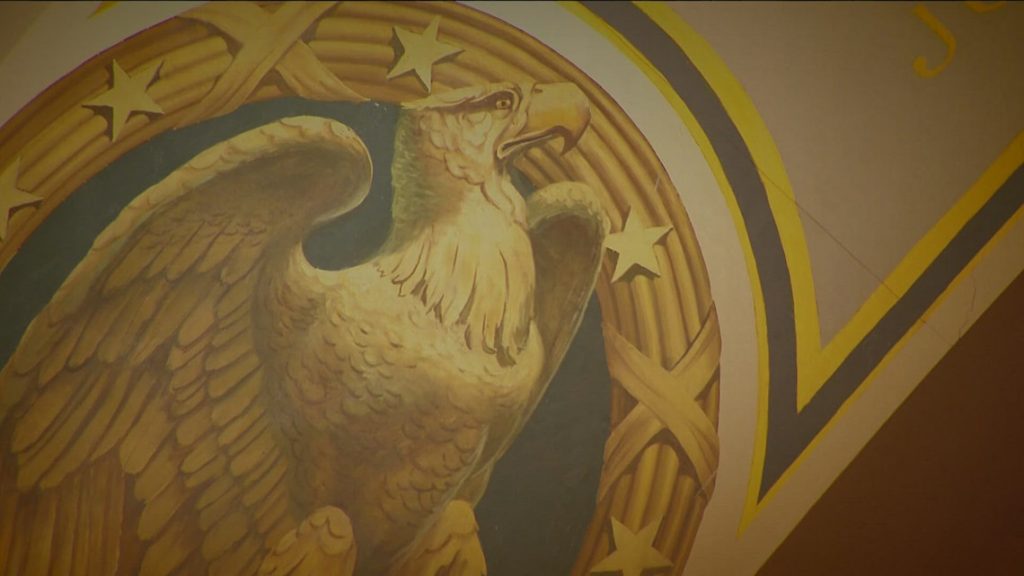Deadlock to Action: The MN House GOP’s Push Amid a Fragile Majority

By John Imsdahl
March 2025
The 2025 legislative session began in mid-February, with House GOP representatives pressing ahead to advance their legislative priorities. However, the Minnesota House of Representatives spent the first month at an impasse, mired in disputes over a power-sharing agreement between the Democratic-Farmer-Labor Party (DFL) and the GOP. Both sides accused the other of squandering time and resources, as the deadlock stemmed from the absence of a clear majority in the House.
Following the 2024 fall elections, Democrats and Republicans initially found themselves deadlocked in a 67-67 tie. However, this balance was quickly disrupted when newly elected Democrat Curtis Johnson was deemed ineligible to represent District 40B due to failing to maintain official residency in the district. As a result, a special election was called to fill the seat, temporarily giving House Republicans a 67-66 advantage—still one vote shy of the 68 needed to pass legislation.
Democrats stood united in boycotting the House chambers to block quorum, firmly stating they would not commence the 2025 session without a power-sharing agreement. This standoff ended in mid-February with an agreement granting the GOP control of committee chairs and slim majorities on committees—an arrangement set to last until March, when a special election could restore the 67-67 tie and necessitate a new deal.
For now, the GOP is leveraging its newfound majority to advance key legislative priorities—an opportunity they lacked during years of Democratic control over both legislative chambers. Several bills targeting the relaxation of environmental protections and streamlining of permitting requirements have been introduced in the Environmental and Natural Resources Finance and Policy Committee. Among them, HF0008, sponsored by Rep. Josh Heintzeman (R-Nisswa), aims to enhance efficiency and accelerate the permitting process for businesses and other entities working with the Minnesota Pollution Control Agency.
Supporters of the bill, including local chambers of commerce and various industry groups, argue that the current permitting process is overly burdensome and discourages business investment. However, representatives from numerous organizations, including environmental groups like Friends of the Boundary Waters Wilderness, have voiced concerns. During the initial committee hearing for HF0008, critics warned that expediting the environmental permitting process could have severe environmental repercussions. Representative Alex Falconer (DFL, 49A) specifically highlighted the risk of this bill paving the way for fast-tracked permits for copper-nickel mining in Minnesota. HF0008 has since been sent to the Workforce, Labor, and Economic Development Finance and Policy Committee for further consideration, leaving its fate uncertain as it awaits a potential floor vote.
